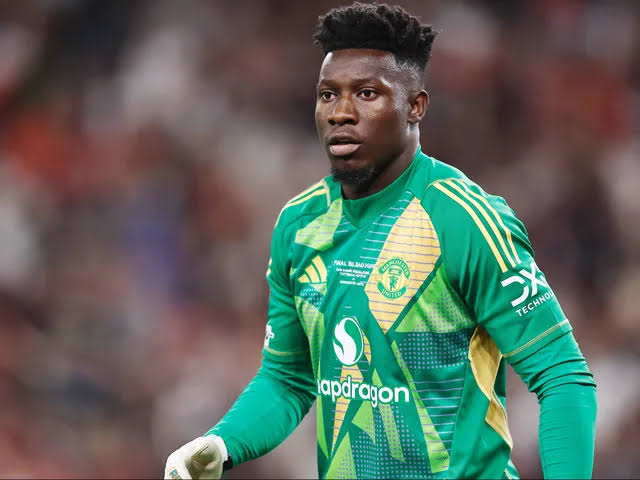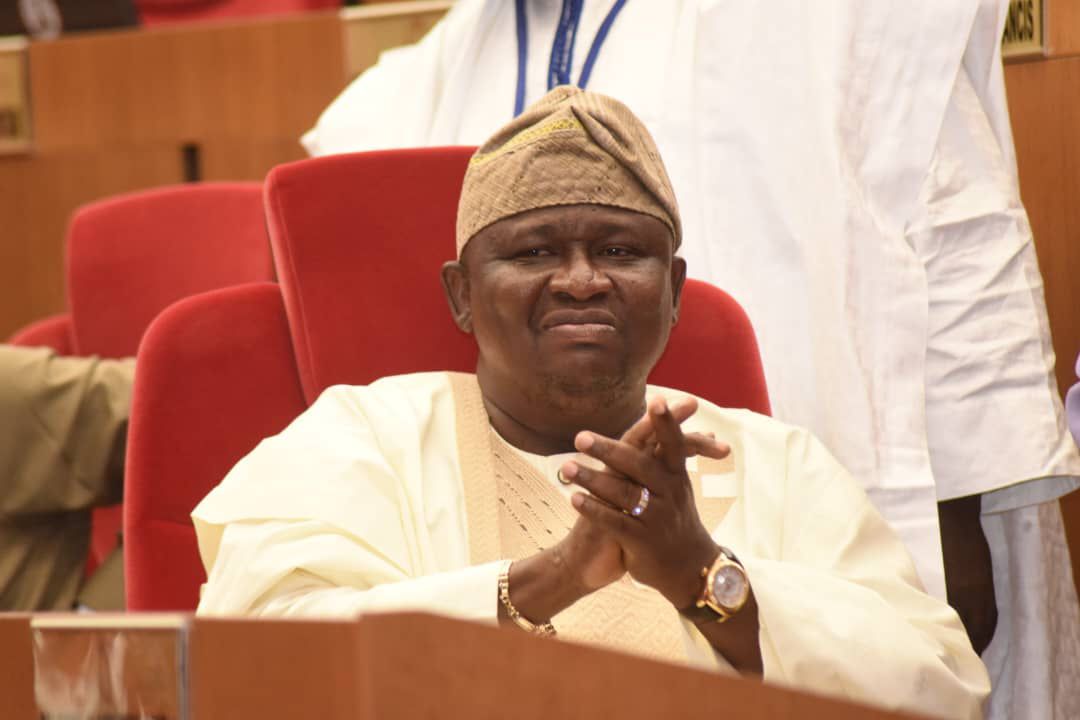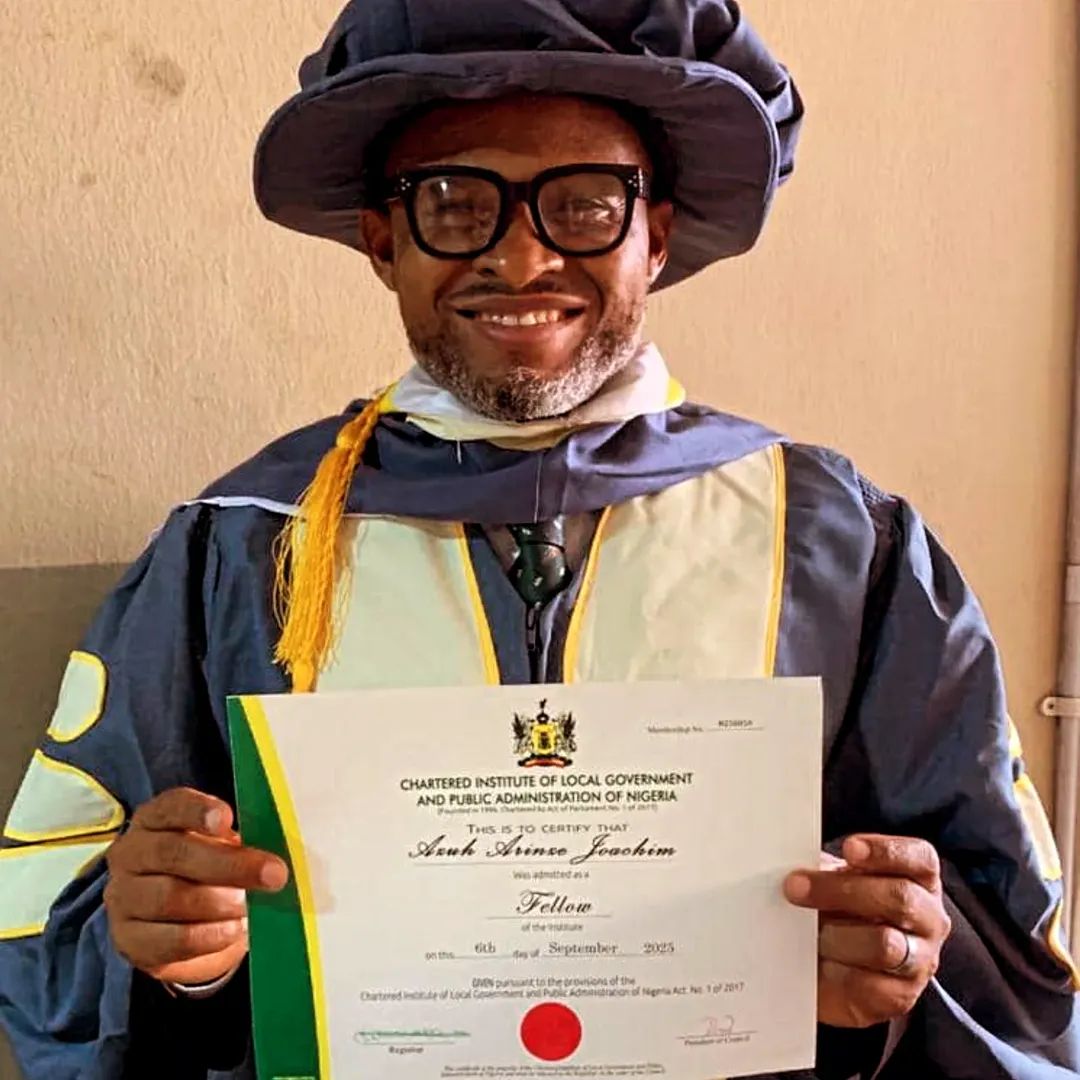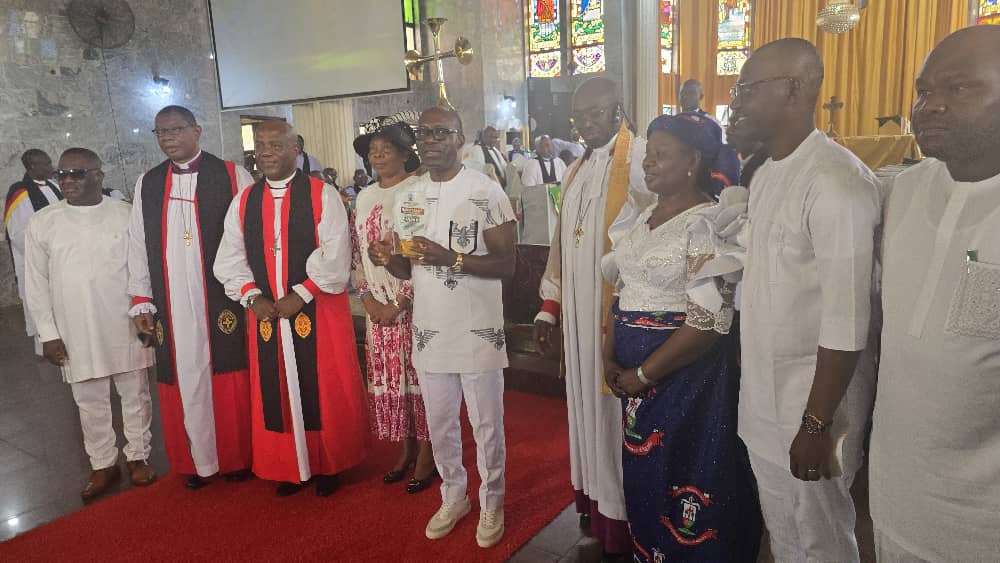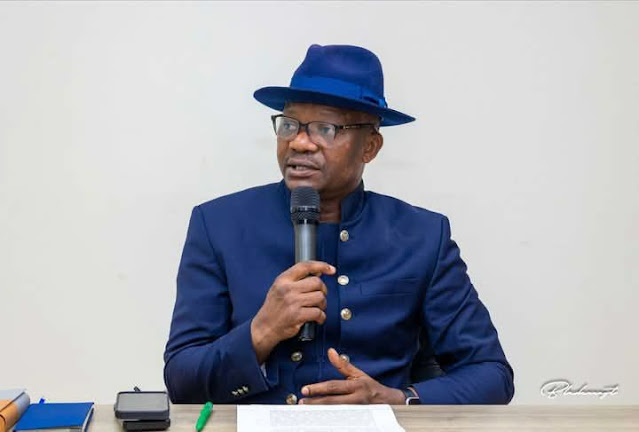In a surprising turn of events, Manchester United have reportedly reached an agreement for their first-choice goalkeeper, André Onana, to depart the club. The news, initially reported by Linda Ikeji’s Blog on September 7, 2025, has sent shockwaves through the football world, prompting discussions about the future of the Red Devils’ goalkeeping department, Onana’s career trajectory, and the strategic direction of the club under its current management. This article delves into the details of the reported deal, explores Onana’s tenure at Manchester United, evaluates the implications for the club, and provides a broader context for this significant transfer development.
The Reported Deal: What We Know So Far
According to the report, Manchester United have finalized an agreement that will see André Onana leave Old Trafford, marking the end of his relatively short but eventful stint with the club. While specific details about the destination club, transfer fee, or the nature of the agreement (whether a permanent transfer or a loan) were not disclosed in the original report, the announcement has sparked widespread speculation about the motivations behind the decision and its potential impact on Manchester United’s squad.
The agreement comes at a time when Manchester United are navigating a transitional period under manager Erik ten Hag, who previously worked with Onana at Ajax. Onana’s departure raises questions about the club’s goalkeeping strategy, particularly after the Cameroonian goalkeeper was signed to replace David de Gea, a club legend, in the summer of 2023. The decision to allow Onana to leave suggests a potential shift in priorities, possibly driven by performance evaluations, financial considerations, or a desire to reshape the squad for the 2025–26 season and beyond.
André Onana’s Journey to Manchester United
To understand the significance of this development, it’s essential to trace André Onana’s journey to Manchester United and his impact at the club. Born on April 2, 1996, in Nkol Ngok, Cameroon, Onana rose to prominence through the renowned youth academy of FC Barcelona, La Masia. However, it was at Ajax in the Netherlands where he truly made his mark, becoming one of Europe’s most promising goalkeepers under the guidance of Erik ten Hag.
Onana’s time at Ajax was marked by his exceptional ball-playing ability, composure under pressure, and agility in goal. He played a pivotal role in Ajax’s domestic success, including winning three Eredivisie titles (2018–19, 2020–21, 2021–22) and reaching the UEFA Champions League semifinals in 2019. His performances earned him recognition as one of the best goalkeepers in Europe, known for his distribution skills and ability to act as a “sweeper-keeper,” a style that aligns with modern football’s emphasis on goalkeepers contributing to build-up play.
In 2021, Onana faced a significant setback when he was banned for nine months by UEFA after testing positive for a prohibited substance, which he claimed was due to mistakenly taking his wife’s medication. The ban disrupted his career, but he returned to Ajax before moving to Inter Milan on a free transfer in 2022. At Inter, Onana reestablished himself as a top-tier goalkeeper, playing a key role in their run to the 2023 UEFA Champions League final, where they narrowly lost to Manchester City.
His performances at Inter caught the attention of Erik ten Hag, who had since taken charge of Manchester United. In July 2023, Manchester United signed Onana for a reported £47.2 million, a move seen as a statement of intent to implement ten Hag’s possession-based philosophy at Old Trafford. Onana was tasked with replacing David de Gea, whose 12-year tenure at the club ended amid criticism of his distribution and adaptability to modern goalkeeping demands.
Onana’s Tenure at Manchester United
Onana’s arrival at Manchester United was met with high expectations, given his familiarity with ten Hag’s system and his proven track record at Ajax and Inter. However, his time at Old Trafford has been a mixed bag, characterized by moments of brilliance interspersed with high-profile errors.
In his debut season (2023–24), Onana faced intense scrutiny, particularly in the UEFA Champions League, where he made several costly mistakes. Notable errors included conceding soft goals against Bayern Munich and Galatasaray, contributing to Manchester United’s early exit from the competition. These mistakes led to questions about his suitability for the Premier League, where the physicality and pace of the game differ from Serie A and the Eredivisie.
Despite these challenges, Onana showed glimpses of his quality, particularly in his distribution and ability to initiate attacks from the back. His confidence on the ball aligned with ten Hag’s vision of a team that builds play from the goalkeeper, and he gradually adapted to the Premier League’s demands. In the 2024–25 season, Onana’s performances reportedly improved, with fewer errors and several standout saves, including crucial interventions in high-stakes matches.
However, the reported agreement for Onana to leave suggests that the club’s hierarchy, possibly in consultation with ten Hag, has decided to pursue a different direction. Several factors could have contributed to this decision, including:
Performance Consistency: While Onana improved after a shaky start, his occasional errors may have raised doubts about his long-term reliability as Manchester United’s number one goalkeeper.
Financial Considerations: Manchester United have been under pressure to comply with the Premier League’s Profitability and Sustainability Rules (PSR). Selling Onana, who was signed for a significant fee, could generate funds to reinvest in other areas of the squad.
Emerging Talent: The club may have identified a promising replacement, either from within their academy or through the transfer market, prompting them to move on from Onana.
Player’s Ambition: Onana, at 29 years old, may be seeking a new challenge, possibly at a club offering Champions League football or a return to a league where he previously excelled, such as Serie A.
Implications for Manchester United
The decision to allow Onana to leave has significant implications for Manchester United’s squad, strategy, and ambitions for the 2025–26 season. Below, we explore the key areas affected by this development.
1. Goalkeeping Options
With Onana’s departure, Manchester United will need to address the vacancy in their goalkeeping department. The club currently has Altay Bayindir, a Turkish goalkeeper signed in 2023 as a backup, and Tom Heaton, a veteran presence. However, neither has established themselves as a clear first-choice option, raising the likelihood that United will pursue a new goalkeeper in the transfer market.
Potential targets could include high-profile names like Diogo Costa (Porto), who has been linked with a move to the Premier League, or Giorgi Mamardashvili (Valencia), known for his shot-stopping ability. Alternatively, Manchester United could promote a youth prospect, such as Dermot Mee or Radek Vítek, though this would represent a significant gamble given the pressure of playing for a club of United’s stature.
The choice of replacement will be critical, as ten Hag’s system relies heavily on a goalkeeper comfortable with the ball at their feet. The new signing will need to balance shot-stopping prowess with the ability to contribute to build-up play, a balance Onana achieved with varying degrees of success.
2. Tactical Implications
Onana’s departure could influence Manchester United’s tactical setup. Ten Hag’s philosophy emphasizes playing out from the back, with the goalkeeper acting as an additional outfield player during possession phases. If the club opts for a goalkeeper with a different skill set—perhaps one who prioritizes traditional shot-stopping over distribution—it could necessitate adjustments to the team’s playing style.
For example, a return to a more direct or pragmatic approach might suit a goalkeeper less comfortable on the ball but could conflict with ten Hag’s long-term vision. Conversely, signing a like-for-like replacement for Onana would signal a commitment to the current system, reinforcing ten Hag’s authority over the squad’s direction.
3. Financial and Strategic Considerations
The financial aspect of Onana’s departure cannot be overlooked. If Manchester United secure a significant transfer fee for the 29-year-old, it could provide a boost to their transfer budget, allowing them to address other areas of concern, such as midfield, defense, or attack. The club has faced criticism for its transfer strategy in recent years, with high-profile signings like Antony and Casemiro failing to deliver consistent value for money.
Onana’s sale could also reflect a broader shift toward a more sustainable financial model, aligning with the Premier League’s PSR and UEFA’s Financial Fair Play regulations. The involvement of INEOS, Manchester United’s minority stakeholders led by Sir Jim Ratcliffe, has already led to a restructuring of the club’s football operations, with appointments like Dan Ashworth (sporting director) and Jason Wilcox (technical director) signaling a focus on data-driven recruitment and long-term planning.
4. Fan and Media Reaction
The news of Onana’s departure has already sparked debate among Manchester United fans and pundits. Supporters have expressed mixed feelings, with some praising Onana’s contributions and others arguing that his errors justified the club’s decision to move on. Social media platforms, particularly X, have been abuzz with reactions, ranging from surprise to speculation about potential replacements.
For instance, a post on X from a prominent Manchester United fan account stated, “Onana’s gone? Didn’t see this coming, but maybe it’s time for a fresh start between the sticks. Who’s next?” Another user commented, “Onana’s ball-playing was top-notch, but those mistakes cost us big time. Good luck to him, but we need someone more reliable.” These sentiments reflect the polarized views on Onana’s tenure and the uncertainty surrounding the club’s next steps.
The Broader Context: Goalkeeping Trends in Modern Football
Onana’s departure from Manchester United also prompts a broader discussion about the evolving role of goalkeepers in modern football. The traditional archetype of a goalkeeper—focused primarily on shot-stopping and commanding the penalty area—has given way to a new breed of “sweeper-keepers” who are integral to their team’s build-up play.
This shift began with pioneers like Manuel Neuer, who redefined the position at Bayern Munich, and has since been embraced by managers like Pep Guardiola (Ederson at Manchester City), Jürgen Klopp (Alisson Becker at Liverpool), and Erik ten Hag (Onana at Ajax and Manchester United). Goalkeepers are now expected to possess exceptional distribution skills, the ability to read the game, and the confidence to take risks under pressure.
Onana’s strengths aligned closely with this modern archetype, but his struggles at Manchester United highlight the challenges of adapting to a new league and the intense scrutiny that comes with playing for a club of United’s stature. His departure could serve as a cautionary tale for other clubs seeking to integrate ball-playing goalkeepers into high-pressure environments.
Potential Destinations for Onana
While the original report did not specify Onana’s next destination, several clubs could be viable options based on his skill set and market value. Some possibilities include:
Inter Milan (Return): Onana’s successful stint at Inter makes a return to the Serie A club plausible, especially if Inter seek a replacement for their current goalkeeper, Yann Sommer, who is nearing the end of his career.
Paris Saint-Germain: PSG have been linked with Onana in the past, and their emphasis on possession-based football under Luis Enrique could suit his playing style.
Saudi Pro League: The growing financial power of Saudi clubs makes them a potential destination, particularly if they offer a lucrative contract to the 29-year-old.
Other Premier League Clubs: Rival Premier League teams, such as Arsenal or Tottenham, could be interested in Onana as a backup or competitor to their current goalkeepers, though such a move would be controversial given his United ties.
What’s Next for Manchester United?
As Manchester United prepare for life after Onana, the club faces a critical juncture. The 2025–26 season will be pivotal for Erik ten Hag, who has faced scrutiny for United’s inconsistent performances despite significant investment in the squad. The appointment of a new goalkeeper will be a high-stakes decision, with implications for the team’s defensive stability and overall playing style.
In addition to addressing the goalkeeping situation, Manchester United must navigate other challenges, including:
Squad Depth: Injuries to key players like Luke Shaw, Tyrell Malacia, and Rasmus Højlund have exposed United’s lack of depth in certain positions. The funds from Onana’s sale could be used to bolster these areas.
Youth Integration: The club has a rich history of promoting academy players, and talents like Kobbie Mainoo and Alejandro Garnacho have shown promise. The goalkeeping department could follow suit if a young prospect is deemed ready.
European Ambitions: Manchester United’s absence from the UEFA Champions League in recent seasons has been a source of frustration. A strong transfer window, including a shrewd goalkeeper signing, could help the club reclaim a top-four spot.
Conclusion
The reported agreement for André Onana to leave Manchester United marks a significant moment in the club’s ongoing rebuild. While Onana’s tenure was marked by both highs and lows, his departure opens the door for a new chapter in United’s goalkeeping history. The decision reflects the complex interplay of performance, strategy, and financial considerations that define modern football.
As fans await further details about Onana’s next destination and Manchester United’s plans for a replacement, the football world will be watching closely. The Red Devils’ ability to navigate this transition effectively could determine their trajectory in the Premier League and beyond. For now, the departure of André Onana serves as a reminder of the relentless pace of change in football, where even the most talented players must constantly prove their worth.


